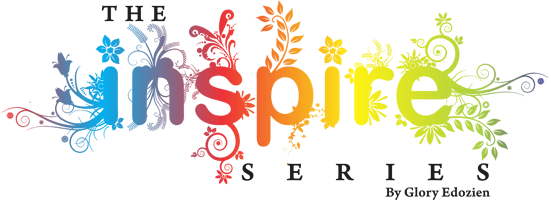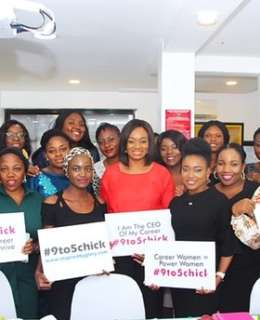By Wana Udobang
A year ago at a time best known by the gender activism community as sixteen days of activism, I choose to flip the script a little. Sixteen days is set out towards creating awareness on sexual and gender based violence. So rather than my typical radio programmes dedicated to battered women, I thought it was time we started to better understand the underlying pathologies behind gender based violence and for me, one of the ways I could think of doing that was to suspend my prejudices and dedicate a portion of my sixteen days to perpetrators or what we Nigerian’s often refer to as ‘wife beaters’.
Many of the responses revolved around the same recurring themes that included frustration, disrespect and control.
I remember a particular gentleman on one of the ‘phone in’ programmes. He had admitted to beating his wife on many occasions but sounded remorseful and genuinely at his wits end on how to manage his relationship with her. I asked him specifically what she did to the point of needing to be violently subdued. He informed me that she was constantly shouting and yelling if she didn’t agree with something or wasn’t getting her way. In his words ‘She just talks any how’.
He had tried communicating with her and had even gotten people to speak with her about her behaviour but unfortunately violence seemed the only language she understood according to him. I asked if he had ever tried ignoring her tantrums and outbursts, perhaps enlightening her that their discussions and debates will be better productive in a more serene and calm atmosphere. I enquired if he had even thought of walking away as a sign that things weren’t business as usual. I was simply encouraging a tactile push pack and ultimately negotiation. It hadn’t occurred as an option and the gentleman called me a few weeks later to inform me that he had attempted a few of the ideas to his surprise, it had worked. Though he wasn’t quite certain how long he could keep up with doing that.
This is not to say that every situation of marital conflict is easily resolved in the same way but a lot of the conversations with violent husbands got me thinking about perceptions of masculinity and manhood.
Many of those narratives that we all know, revolve around the premises of respect, reverence, control and power. But what makes these perceptions in connection to masculinity problematic is when in actual reality you loose grip of them, you don’t possess them for one reason or another or perhaps there is a push back and you aren’t equipped with the skill and ability to negotiate, I find the end product is conflict and on many occasions the intended outcome is violence.
Take the perception of men as tough and unbreakable creatures that aren’t permitted to cry or express any sign of supposed vulnerability for instance. I often think of it as robbing an individual of their humanity by reinforcing an idea that they must rid themselves of something like vulnerability that is natural and adds to their balance as individuals.
Essentially if you aren’t allowed to express certain aspects of yourself or your feelings in a way that is deemed contrary to what has been ascribed to you as manly behaviour, eventually some kind of implosion or explosion seems impending in my view. Though a bit a hypothesis, I think how we assign roles and character to our young boys is certainly worth thinking about as they eventually become the men that add to the rising statistics on domestic violence.
This for me is in no way about creating room for excuses with regards VAW. However spending a lot of time within the walls of gender advocacy, I am slowly realising that we have to go beyond humanising victims, chanting with placards during marches and battling statutory processes. The fact that we have moved from secret deaths to reported deaths as seeming progress even though it is, has become startling and scary. I remember listening to a radio interview with Professor Chidi Odin Kalu, chairman of the National Human Rights Commission as he described our current state of VAW as a ‘public health crisis’. Yet we must be grateful for progress of any sort however little.
In a recent research report by Voices for Change titled ‘Being a man in Nigeria; perceptions and realities’, the report details how religion, culture and even the media have contributed in reinforcing these perceptions. The report states that, undermining men’s perceived roles in the family and community exacerbates conflict and violence. It further explains that men are surrounded by conflicting messages. An example of this is examined in one of its findings that 69 percent of men believe that a man has no value if he doesn’t have an income. So if your role to provide, protect, lead and control is dictated by certain resources and in turn threatened by its unavailability, how then does one deal with the outcome and infringement on masculinity.
Many of the findings in the report show the effect of patriarchal systems on men and women. It also illustrates how unfortunate it is, that women have also become custodians of these ideals and notions.
We must start to tackle some of the root causes of the issue and one way is looking at how culture and societal perceptions dictate actions and behaviour. Perhaps attempts to start redefining the notions behind respect, strength, control and power in relation to masculinity has become of utmost pertinence. We must start to see seismic shifts in these themes from its current standing as dogmatic, authoritarian, and forceful to pragmatic, negotiable and rooted in contemporary realities even within a Nigerian or African cultural context. A deconstruction of these value systems and its attendant results are worth pondering over at the very least.
Source: Wanawan.net






Leave a Reply